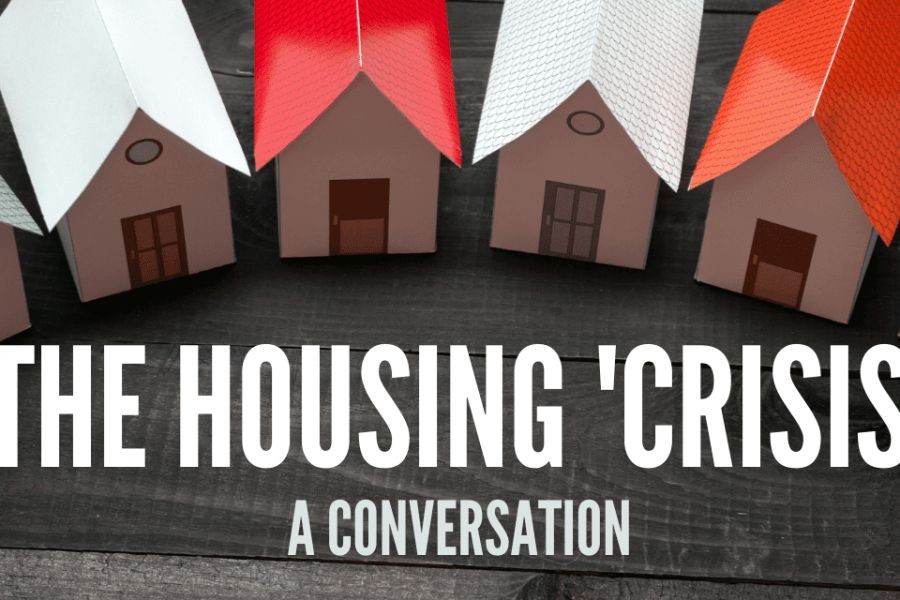In recent years, Australia’s property market has been a hotbed of controversy, with accusations that some developers are inflating property prices to cater to the ultra-wealthy. This practice not only widens the wealth gap but also raises significant questions about sustainability and ethics in urban development. As property prices continue to soar, it's critical to understand the forces at play and the broader economic implications. According to the Australian Bureau of Statistics (ABS), property prices in major cities like Sydney and Melbourne have seen unprecedented growth, with a reported increase of 12% in 2024 alone. This article delves into how certain developers manipulate market dynamics, the regulatory environment, and potential solutions for a more equitable housing market in Australia.
The Mechanics of Price Inflation
Developers often employ several tactics to drive up property prices, such as marketing properties as exclusive luxury assets and creating artificial scarcity. By releasing properties in limited phases, they can artificially increase demand, thus inflating prices. Furthermore, the use of high-end finishes and amenities in urban developments is another strategy to justify exorbitant pricing. This approach not only targets wealthy buyers but also sets a new market standard that influences neighboring property values.
Case Study: Melbourne’s Luxury Apartment Boom
In Melbourne, a city renowned for its vibrant culture and economic opportunities, the luxury apartment market has exploded. A study by the University of Melbourne found that developers like Lendlease have been pivotal in this boom. By focusing on high-end developments such as Collins Arch, these developers have attracted international investment. The result? A significant price uptick in the surrounding areas, making it increasingly difficult for average Australians to afford homes.
Regulatory Framework and Loopholes
The Australian Competition & Consumer Commission (ACCC) and the Australian Prudential Regulation Authority (APRA) are the main regulatory bodies overseeing the property market. Despite their efforts, developers often exploit loopholes, such as foreign investment policies, to bypass restrictions designed to stabilize the market. The ACCC has noted that while foreign investments are essential for economic growth, they can also lead to inflated property values if not carefully managed.
Pros and Cons of Current Regulations
- Pros:
- Regulations aim to stabilize the market and protect consumer interests.
- Foreign investment rules are designed to boost economic growth.
- Cons:
- Loopholes allow developers to exploit the system.
- Regulatory measures can be slow to adapt to market changes.
Impact on the Australian Economy
The Reserve Bank of Australia (RBA) has expressed concerns about the broader economic impact of inflated property prices. High property costs can lead to increased household debt, reducing disposable income and economic growth. Furthermore, the focus on luxury developments often ignores the need for affordable housing, exacerbating social inequalities. This is particularly concerning given that wage growth in Australia has not kept pace with property prices, creating a significant disparity.
Debunking Common Myths
- Myth: "High property prices are a sign of a healthy economy." Reality: While high prices can indicate demand, they often reflect speculative investment rather than genuine economic growth (Source: RBA).
- Myth: "Luxury developments benefit everyone." Reality: They often lead to increased property taxes and living costs, impacting middle and lower-income families disproportionately (Source: Australian Treasury).
Future Trends and Solutions
Looking ahead, the Australian government and regulatory bodies need to address these challenges proactively. One potential solution is implementing stricter controls on foreign investments and limiting the number of luxury developments. Encouraging sustainable and affordable housing projects can also help balance the market. According to Deloitte, shifting focus towards green building practices and affordable housing could significantly stabilize the market by 2030.
Final Takeaways
- Developers are inflating property prices through luxury developments, impacting affordability.
- Regulatory bodies must close loopholes to prevent market manipulation.
- The focus should shift towards sustainable, affordable housing to ensure economic stability.
As Australia continues to grapple with these challenges, it’s crucial for policymakers, developers, and consumers to work together to create a more equitable housing market. What steps do you think are most critical for achieving this balance? Share your insights below!
People Also Ask
- How does property price inflation impact the Australian economy?
Price inflation leads to higher household debt and reduced economic growth, as highlighted by the RBA, which notes that disposable income is affected, leading to broader economic challenges.
- What are the biggest misconceptions about luxury developments?
A common misconception is that they benefit the entire community. However, they often increase living costs and property taxes, affecting affordability (Source: Australian Treasury).
Related Search Queries
- Australian property market trends
- Impact of foreign investment in Australian real estate
- Sustainable housing solutions in Australia
- Regulatory challenges in the Australian housing market
- Affordable housing developments in Australia

































JudithBack
18 days ago